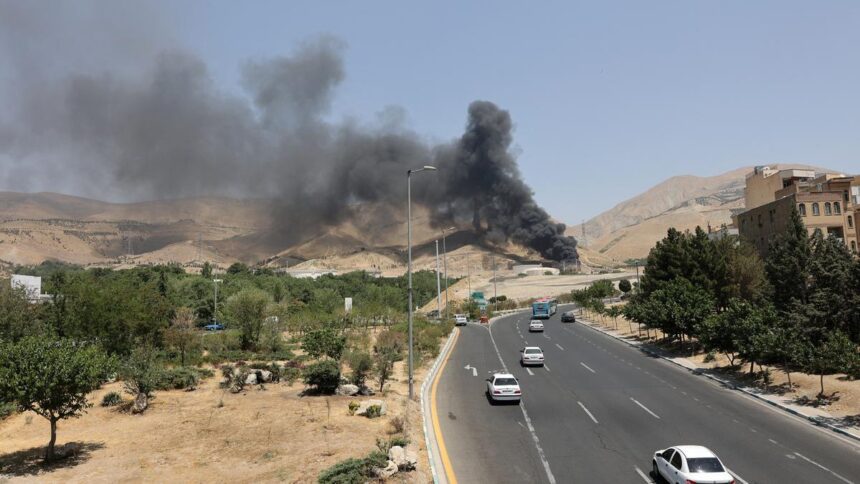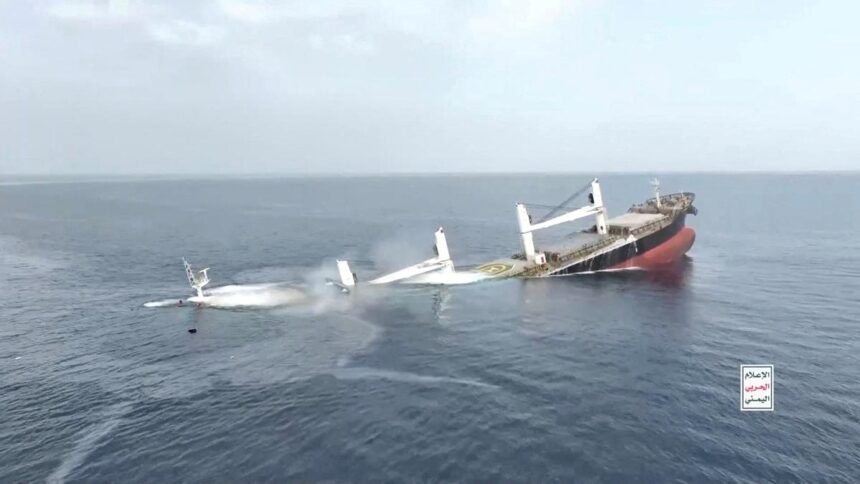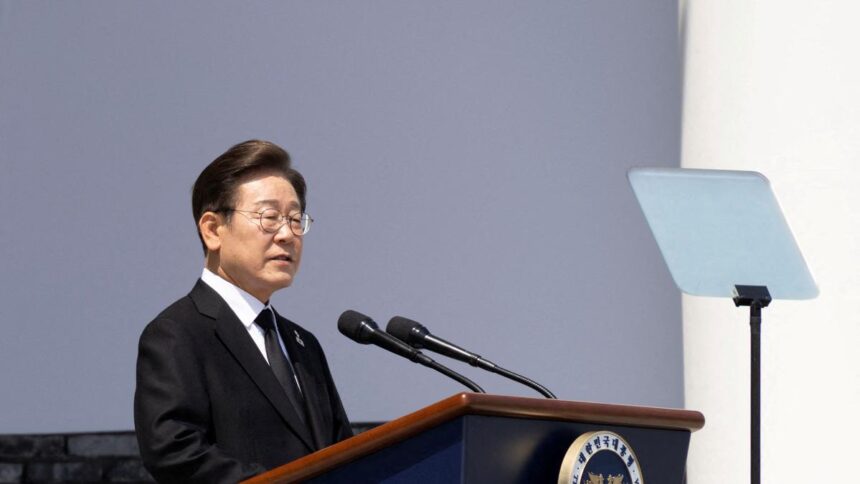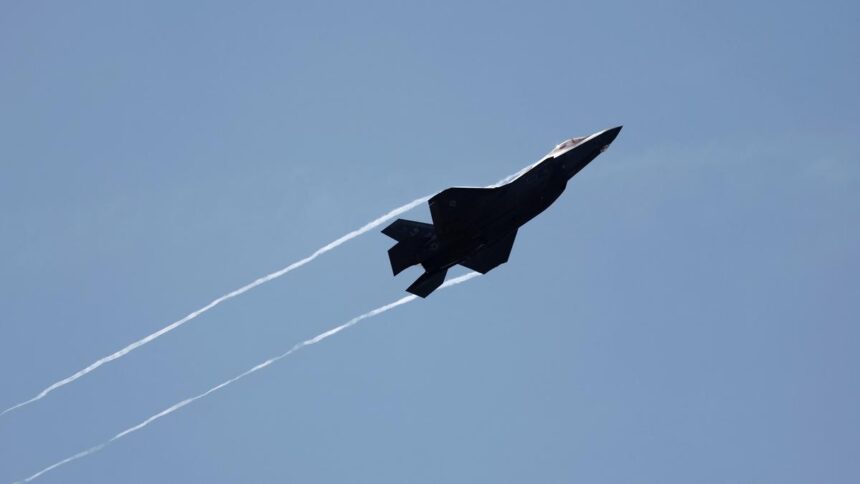
Paramilitary police officers patrol the Daguanyuan in Beijing, China on January 30, 2017.
| Photo Credit: REUTERS
The story so far:
On July 16, the Chinese Ministry of Public Security (MPS) announced that an eight-member police team was despatched to Croatia for a “joint patrol mission.” This would be the sixth joint patrol under the 2017 China-Croatia Agreement on Police Cooperation.
What are these joint patrols for?
As the MPS itself highlighted, officers from China and Croatia have formed mixed patrol units to address “the safety concerns of Chinese tourists in Croatia.” The Chinese Ambassador to Croatia, Qi Qianjin, said that in 2024, 2,50,000 such tourists visited Croatia, up 41% year-on-year. A similar patrol was launched this time last year, and they operated in Croatian cities such as Zagreb, Dubrovnik, Zadar etc. At the time, it was said that the patrols were to address the “safety-related concerns” of not just Chinese tourists, but also Chinese citizens and overseas Chinese people in Croatia.
What about other European nations?
The Croatian project is not a one-off endeavour of the Chinese state. Under its 2014 Operation, ‘Fox Hunt’, and the subsequent 2015 umbrella project ‘Sky Net’, the party-state has developed extensive policing and surveillance networks both within and beyond China. As part of ‘Sky Net’, joint police patrolling initiatives have been launched with Serbia, Italy and Hungary. Three month-long patrols have already been conducted in Serbia in 2019, 2023, and 2024. In Hungary, the Qingtian County Public Security Bureau has gone as far as creating ‘police service centres’ in the country. Concerns surrounding the creation of Chinese ‘service centres’ led Italy to suspend joint police patrols.
What is China aiming for?
The freedom accorded to Chinese police mobility in countries abroad has shown two things — first, that there is potential for officers to arrest Chinese dissidents abroad, and second, that their unchecked operations can lead to the establishment of police stations across the world.
It was discovered in 2023 that China operated two stations in the cities of Amsterdam and Rotterdam in the Netherlands. The-then Chinese foreign ministry spokesperson said that these ‘service centres’ were merely venues to assist overseas Chinese nationals to renew their driving licences and receive physical check-ups for that purpose. Around the same time, another media investigation said that the Chinese police service centre contacted a Chinese Dutch citizen who questioned Beijing’s version of the 2020 Galwan Valley clashes with India. If true, there has been an obvious effort by covert Chinese operatives to target dissidents.
In April 2023, the FBI arrested two operatives from a similar ‘service centre’ affiliated with the MPS in Manhattan’s Chinatown in the U.S. The Justice Department charged them with conspiracy to act as agents of the PRC government, and obstruction of justice for destroying evidence of their communications with an MPS official.
How are countries dealing with this?
The crackdown on covert operations of the MPS abroad seems to directly correlate with a particular nation’s contemporary relations with China. In the U.S., Chinese espionage has been a topic of grave concern for a while. But as access to Chinese tourists, academics and officials visiting the U.S. has become restricted amid trade related tensions, the discovery of such covert operations has led U.S. authorities to take public action.
But in places like Mongolia, Serbia and Croatia, the policing programme, so far, has yielded no public investigations. These nations boast of enhancing economic and security ties with China. As long as ties with Beijing focus on resolving economic tensions and technological disputes, the issue of transnational repression is likely to take a back seat — unless the degree of surveillance rises to the level that it harms national and/ or European security.
Anushka Saxena is with The Takshashila Institution.
Published – August 06, 2025 08:30 am IST





















